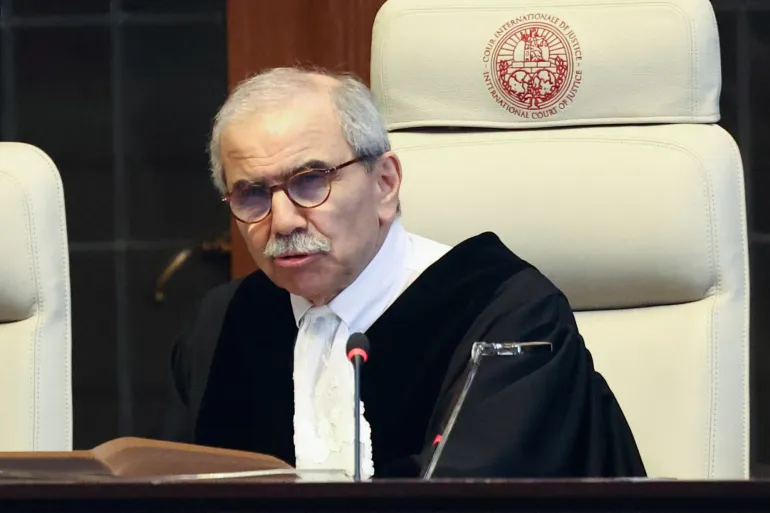The World Bank has approved US$250m in financing for Lebanon to aid in the reconstruction of critical public infrastructure and the management of rubble in areas affected by Israel’s war in 2023 and 2024.
The World Bank said in a statement that the Lebanon Emergency Assistance Project (LEAP) will prioritize and sequence interventions to maximize economic and social impact within the shortest timeframe and provide a phased approach to response, recovery and reconstruction.
The Rapid Damage and Needs Assessment (RDNA) of the impact of the conflict between Israel and Hezbollah between October 8, 2023, and December 20, 2024, estimated total direct damages across 10 sectors at $7.2 billion, and reconstruction and recovery needs at $11 billion.
Damage to critical infrastructure and buildings that are critical to economic activity and to the health and safety of communities was estimated at $1.1 billion across the transport, water, energy, municipal services, education and health care sectors.
Considering the scale of needs, the LEAP was designed to support restoration of public infrastructure and buildings, given this is a precondition to economic and social recovery.
Jean-Christophe Carret, World Bank’s Middle East Department Director, stated that given Lebanon’s large reconstruction needs, the LEAP is structured as a US$1 billion scalable framework with an initial US$250 million contribution from the World Bank and “the ability to efficiently absorb additional financing – whether grants or loans – under a unified, government-led implementation structure that emphasises transparency, accountability, and results.”
“This framework offers a credible vehicle for development partners to align their support, alongside continued progress on the Government’s reform agenda, and maximize collective impact in support of Lebanon’s recovery and long-term reconstruction.”
Jean-Christophe Carret
The World Bank financing will support immediate response activities required to accelerate recovery and create the conditions that favor a return to normality, including the safe and well-planned management of rubble that maximizes the reuse and recycling of rubble.
Critical support will also be provided to the rapid repair and recovery of essential services, such as water, energy, transport, health, education and municipal services.
The LEAP framework will also support the reconstruction of sever severely damaged infrastructure, starting with designs and environment and social assessments financed through World Bank initial financing.
The World Bank noted in its statement that to ensure the project’s operational readiness and its efficient and prompt implementation, the Lebanese government has undertaken critical reform measures in the project’s implementing agency; the Council for Development and Reconstruction (CDR).
The measures include the establishment of a complete and functional CDR Board of Directors and streamlining administrative and decision-making processing for the LEAP, in line with international best practices for emergency projects.
Lebanese Prime Minister Welcomes Decision

Lebanese Prime Minister, Nawaf Salam welcomed the decision.
He called the project “a key step in reconstruction by responding to damage to critical infrastructure and essential services in war-affected areas.”
“This support strengthens recovery efforts within the state-led implementation framework and leverages much-needed additional financing.”
Nawaf Salam
More than a year of hostilities between the Lebanese group Hezbollah and Israel, including a full-blown war that began in September, ended with a ceasefire agreement in late November.
The conflict caused massive destruction across Lebanon, particularly in Hezbollah strongholds in the country’s south and east and in Beirut’s southern suburbs, and further exacerbated economic woes caused by an economic crisis that started in 2019.
In addition to killing more than 4,000 people, the 14-month war between Hezbollah and Israel took a vast material toll on the country, already reeling from a multi-year economic crisis.
According to reports, about 10 percent of the homes in Lebanon – some 163,000 units – were damaged or destroyed, to say nothing of the more than $1bn in infrastructure damage.
Reconstruction remains one of the greatest challenges facing Lebanon’s government, with Beirut seeking foreign aid to finance the post-war recovery.
READ ALSO: Climate Policy Adviser Sets Ghana’s Strategic Priorities at Bonn Ahead of COP30




















